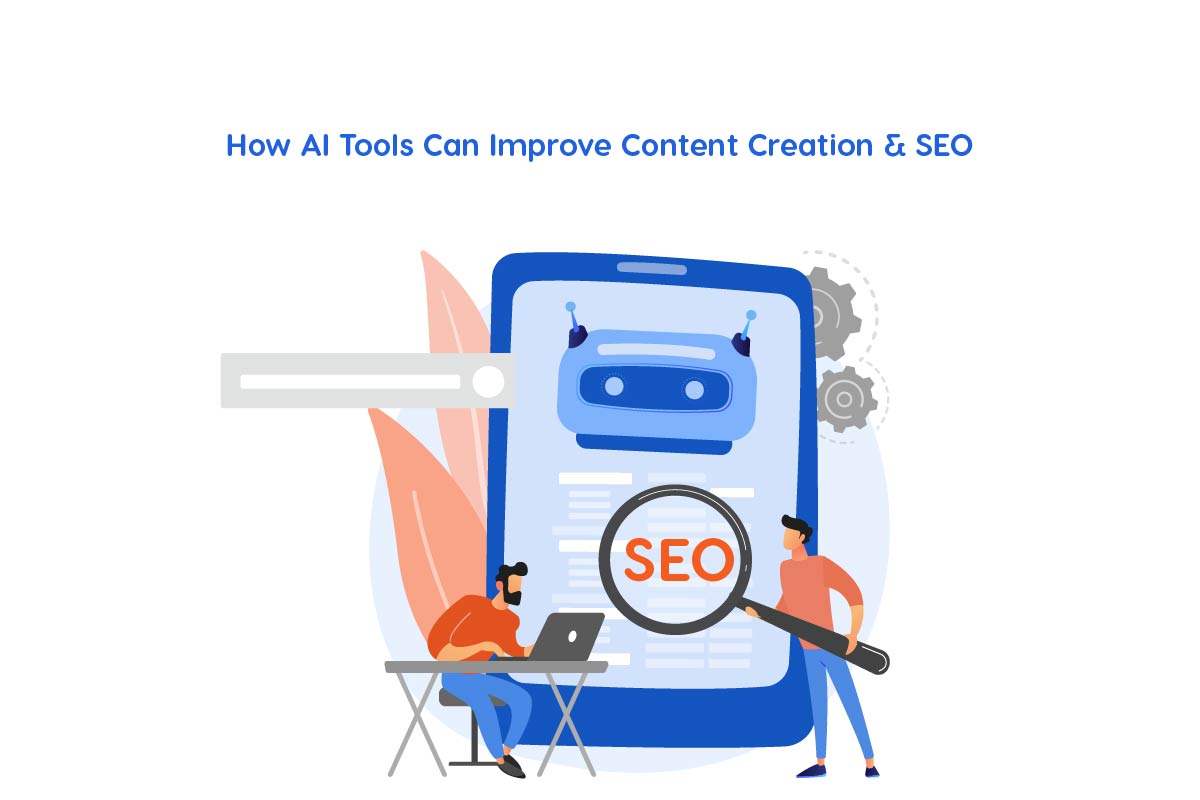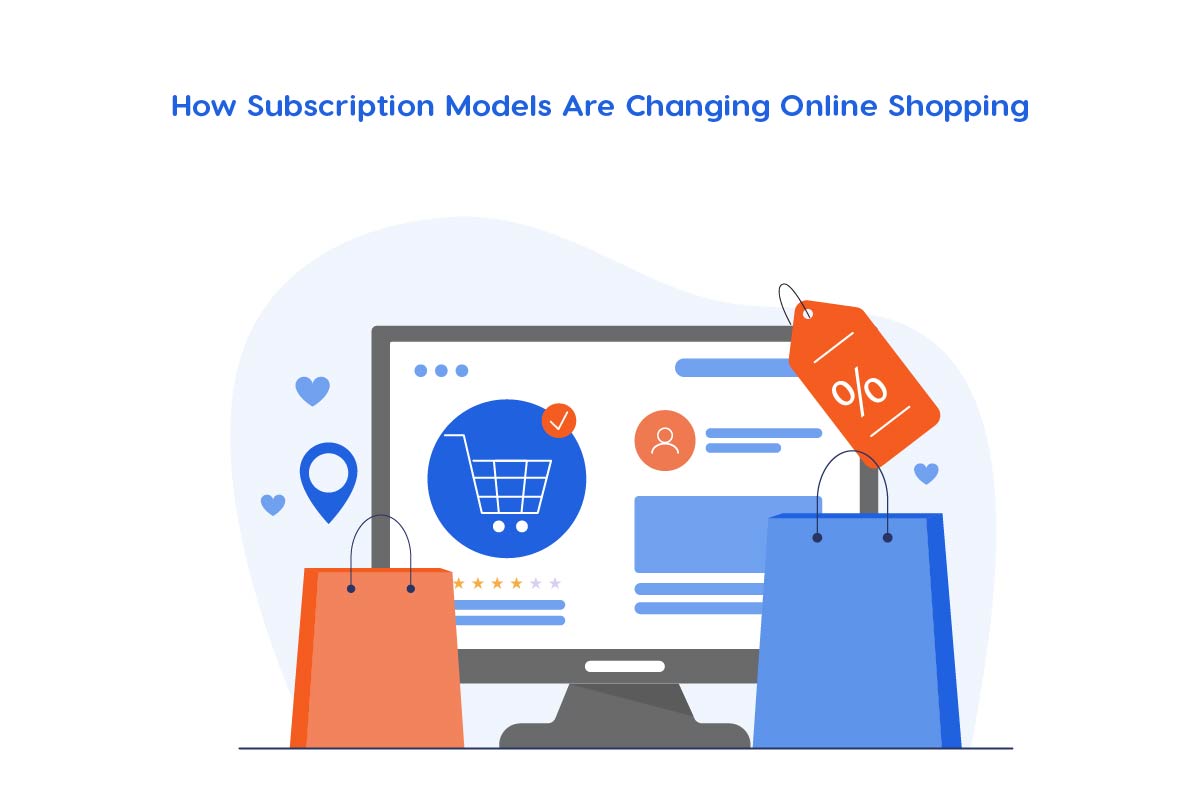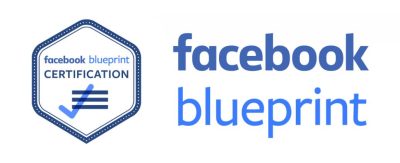Chatbots are not just automated responses but virtual assistants, who can respond to different customer requirements. Regardless of whether it was answer based case questions about the time of a store, online shopping route guidance, appointment booking or even the complaints, the chatbots have started to become an essential element of the local business environment.
In Pakistan, with the number of internet users and smartphone subscribers increasing at a great rate, the need to have real time and instantaneous communication has increased up. Companies like small online stores in Instagram and Facebook, large banks and e-commerce stores discover that chatbots can assist them in fulfilling the expectation of their customers without having to overstretch their employees. Compared with the conventional customer service arrangements where in most cases, large teams operating in shifts have to attend to the customers, chatbots have the ability to handle thousands of interactions at any time of the day, 24/7 and at minimal cost.
What Are Chatbots?
Why Pakistani Businesses Are Adopting Chatbots
Chatbots are not only becoming popular in Pakistan but this is a necessity that businesses need to keep up with to stay competitive. The following are some of the key drivers to this increase:
Increasing Online Shopping Trend
E-commerce companies such as Daraz, Foodpanda, and other online stores are becoming popular, and companies must have efficient mechanisms of dealing with a bulk of customer requests. Chatbots present fast solutions and direct consumers on the way of completing the purchase.
Large Social Media Usage
The majority of the Pakistani consumers use WhatsApp, Instagram, and Facebook hours a day. Chatbots that are added in these platforms aid in businesses to engage directly with their audience.
Economical Customer Service
It is not cheap to employ big staffs of customer service personnel. Chatbots save these expenses as they can respond to repetitive queries including delivery status, delivery terms or prices.
24/7 Availability
Round the clock availability is typical to customers in Pakistan since they tend to browse during the late hours or when out of business. Chatbots make sure that businesses do not lose their opportunities because they can get an answer immediately.
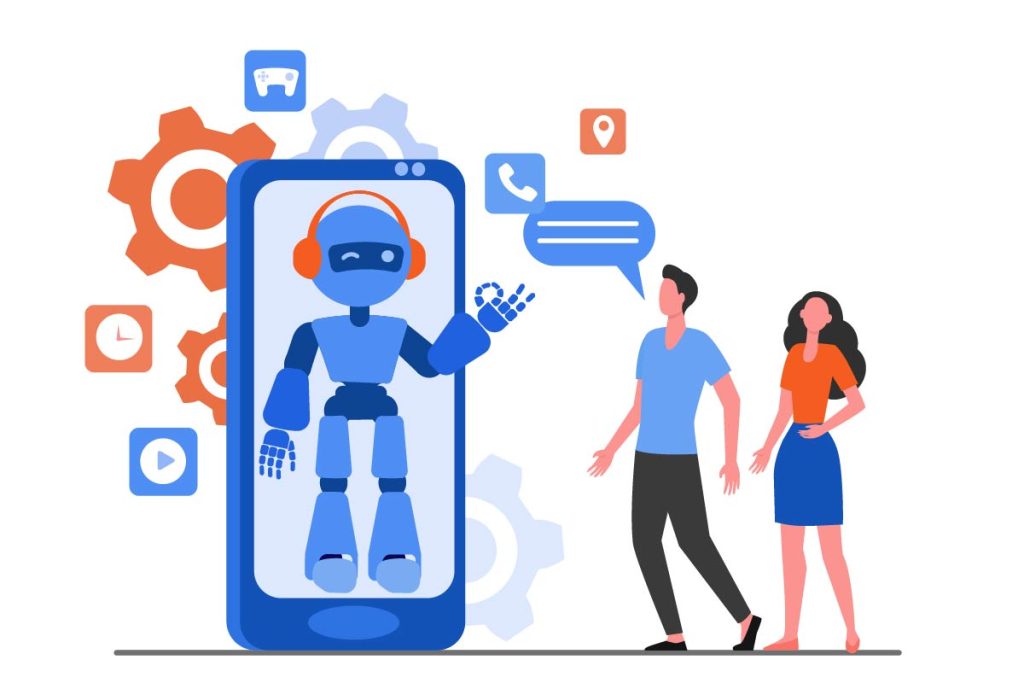
Industries in Pakistan Benefiting from Chatbots
E-Commerce and Retail
Online shopping websites and small Instagram shops are using chatbots to provide instant product details, answer questions about sizes or availability, and even process orders. This reduces cart abandonment and increases sales.
Food and Delivery Services
Food delivery apps like Foodpanda or local restaurants are integrating chatbots to help customers place orders quickly, track deliveries and even receive personalized food recommendations.
Banking and Financial Services
Banks in Pakistan, such as HBL and UBL, have started introducing chatbots for customer support. These bots guide users about account details, branch locations, credit card information, and even basic troubleshooting all without visiting a bank.
Healthcare
Private hospitals, clinics and online telemedicine platforms are experimenting with chatbots to schedule appointments, provide basic medical advice, and remind patients of their medicines.
Education
Universities and online education platforms use chatbots to answer student queries about admissions, fee structures and class schedules. For EdTech startups, chatbots are becoming an affordable way to support thousands of learners at once.
Benefits of Chatbots for Pakistani Businesses
The impact of chatbots is not limited to customer service. They bring several wider benefits:
Faster Query Resolution
Customers get answers in seconds rather than waiting in long queues.
Increased Sales Conversions
Chatbots can upsell products, recommend alternatives and encourage purchases.
Data Collection
Every interaction with a chatbot gives businesses valuable insights into customer behavior, preferences and frequently asked questions.
Scalability:
Whether a business has 10 customers a day or 10,000, chatbots can handle the demand without extra resources.
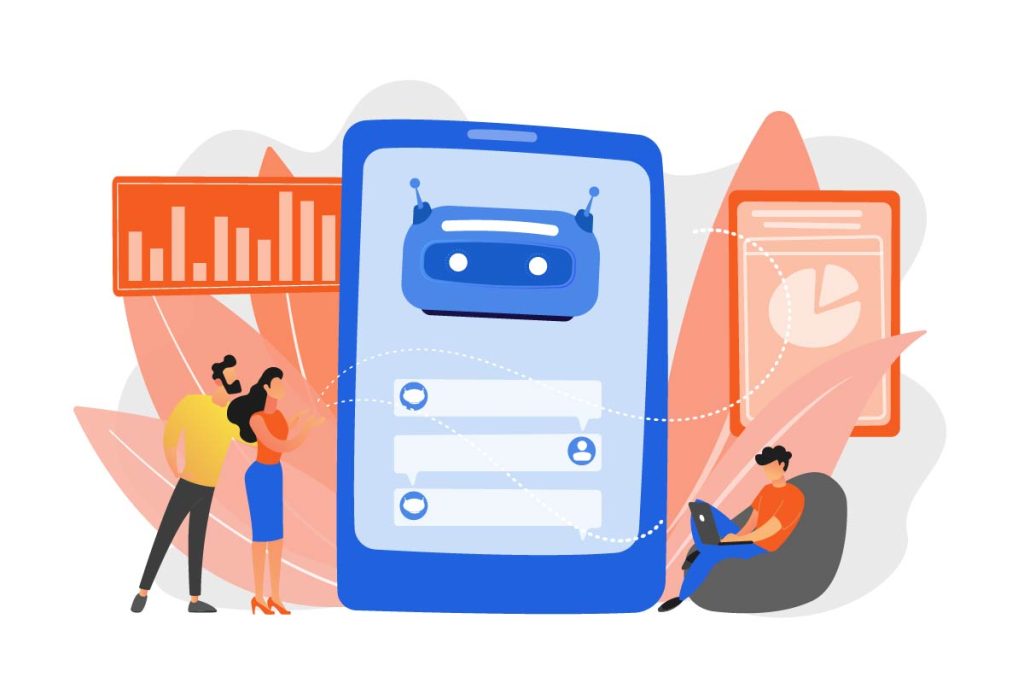
Challenges in Adopting Chatbots in Pakistan
Despite the rapid growth, some challenges still exist:
| Challenge | Explanation |
|---|---|
| Language Barriers | Many customers prefer Urdu or Roman Urdu, while most chatbots are built in English. Localized bots are needed for better connection. |
| Trust Issues | Some customers still feel more comfortable talking to human agents, especially for sensitive matters like payments or financial queries. |
| Technical Limitations | Small businesses may lack the expertise or resources to set up and manage advanced chatbot systems effectively. |
The Future of Chatbots in Pakistan
As artificial intelligence becomes more advanced and affordable, chatbots will only get smarter and more human like. In the future, we can expect:
